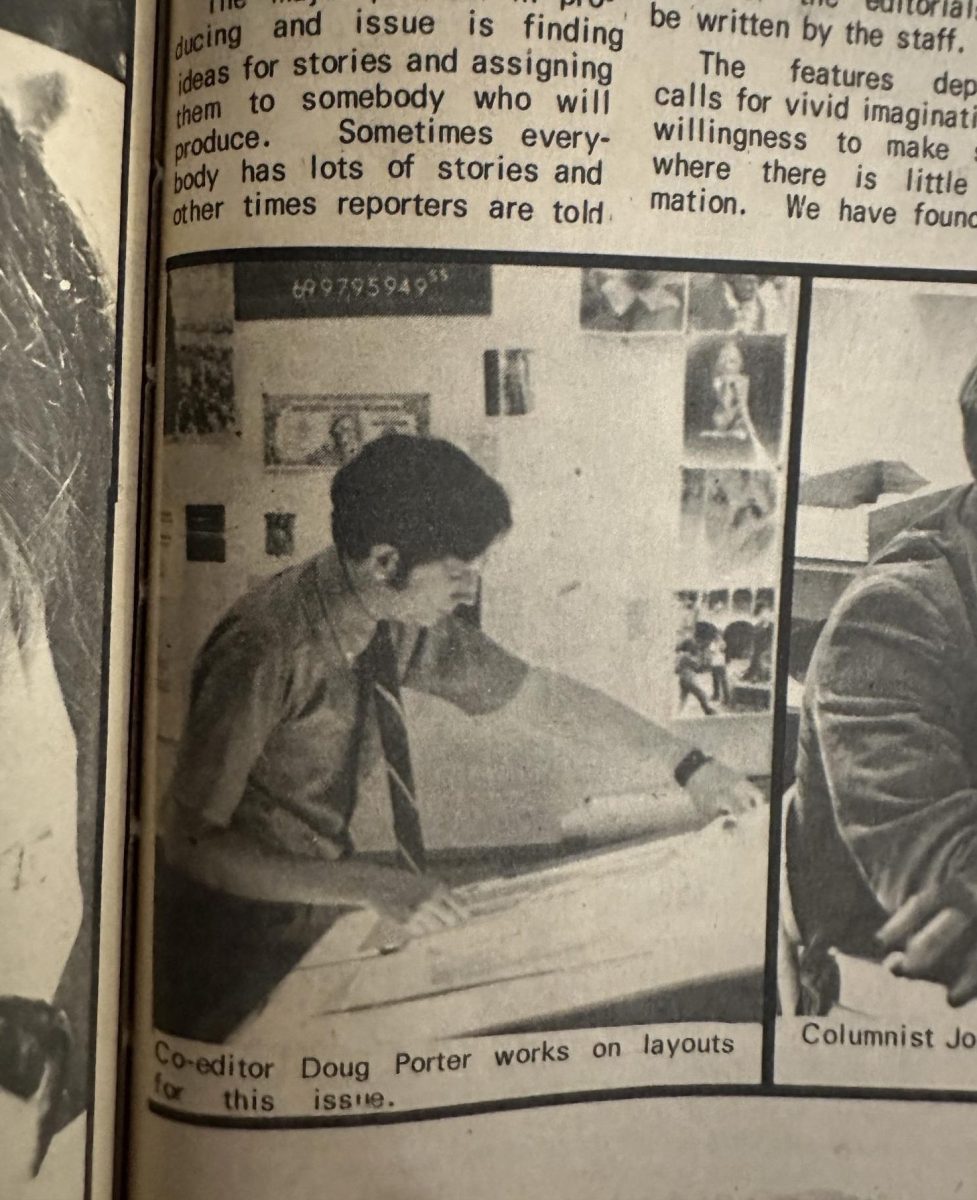On a February evening in 1940, at the Coconut Grove in Los Angeles, Hattie McDaniel stood up from the segregated table in the back corner of the room and took a long stroll to the podium. She had just become the first African-American to receive an Oscar for Best Supporting Actress, for her role as Mammy in 1939’s “Gone With the Wind.”
McDaniel was born in 1898, before Dr. Martin Luther King Jr. and Rosa Parks made a stand for civil rights, before the Greensboro Four ignited change throughout America, and before President Lyndon Johnson persuaded Congress to pass the Civil Rights Act of 1964.
Hattie McDaniel grew up in the era of segregation and Jim Crow laws, yet she found her own rhythm and blazed a trail for African-Americans who were trying to rise above the stereotypical roles then offered in Hollywood.
McDaniel often played stereotypical roles with racist overtones. This sparked controversy within the African-American community.
“I’d rather play a maid then be one,” McDaniel was known to tell her critics.
In “Hattie McDaniel: Black Ambition, White Hollywood,” author Jill Watts describes the difficulties that McDaniel faced in Hollywood during the 1930s.
“McDaniel had carved out a niche in black arts, craning admiration, as a powerful blueswoman. On the other hand, breaking down the doors of white show business would also be regarded as an important achievement, and to do that she would have to compromise her art.”
One of the first African-American women to be heard on the radio, McDaniel excelled at singing as well as acting.
McDaniel suffered a heart attack in 1951 and was diagnosed with breast cancer that summer. She died in Hollywood on October 26, 1952.







